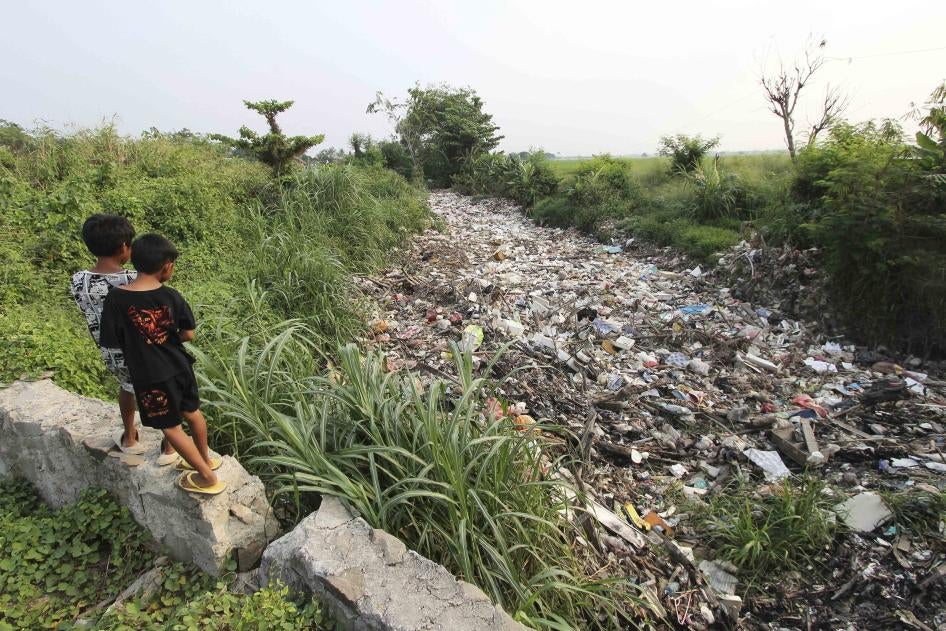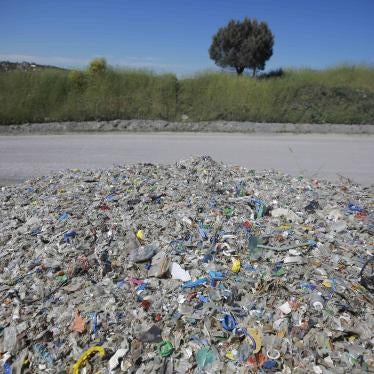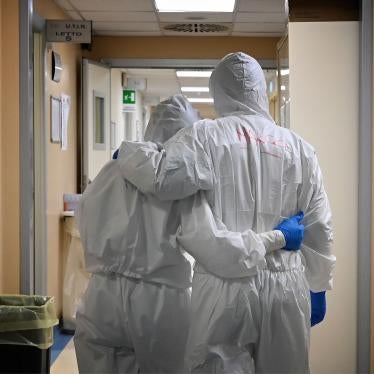Chemical pollution has reached a dangerous level globally. According to a new study published in Environmental Science & Technology, substances introduced by human activities are interfering with the Earth’s natural systems and may have severe consequences for climate, biodiversity, and human life.
The study, led by researchers at the Stockholm Environment Institute, found that chemical production and pollution are outpacing the global capacity for monitoring and assessment and are beyond the limit for safe management. Since 1950, chemical production has increased fiftyfold, and it is projected to triple from 2010 to 2050. Of the 350,000 chemicals in use, only a small number have been fully assessed for safety.
Many chemicals used in everyday products, including cosmetics, pesticides, and plastic packaging, are harmful. Exposure to toxins in plastics, for example, increases long-term health risks, including cancer and respiratory problems, and negatively affects reproductive systems. Plastic can take centuries to break down, so plastic produced today threatens the health of future generations.
The study reaffirms what dozens of other studies have shown – that plastics are of major concern because they are widespread, toxic, and a driver of climate change. More than 99 percent of plastics are made of fossil fuels, making them a major contributor to climate change as they emit greenhouse gases throughout their lifecycle.
Yet, chemical production continues to rapidly increase, while governments are failing to meet their responsibility to ensure that human health and the environment are protected from chemical harm. Because of the global prevalence of chemical pollution, governments should work together to scale down production of plastics and chemicals that could have serious health impacts.
While existing multilateral systems work to protect the climate and biodiversity, there is no global framework in place to address the impacts of plastic throughout its lifecycle. Starting next month, countries will meet at the United Nations Environment Assembly to discuss the establishment of a committee to negotiate a legally binding treaty to tackle the plastic crisis. Member states should support the joint resolution proposed by Peru and Rwanda and commit to addressing the harmful impacts of plastic throughout its full lifecycle. Only if governments work together and enact tougher regulations to restrict the production of unsafe chemicals and plastics can the rights of people and communities to a safe environment be protected in the long term.










